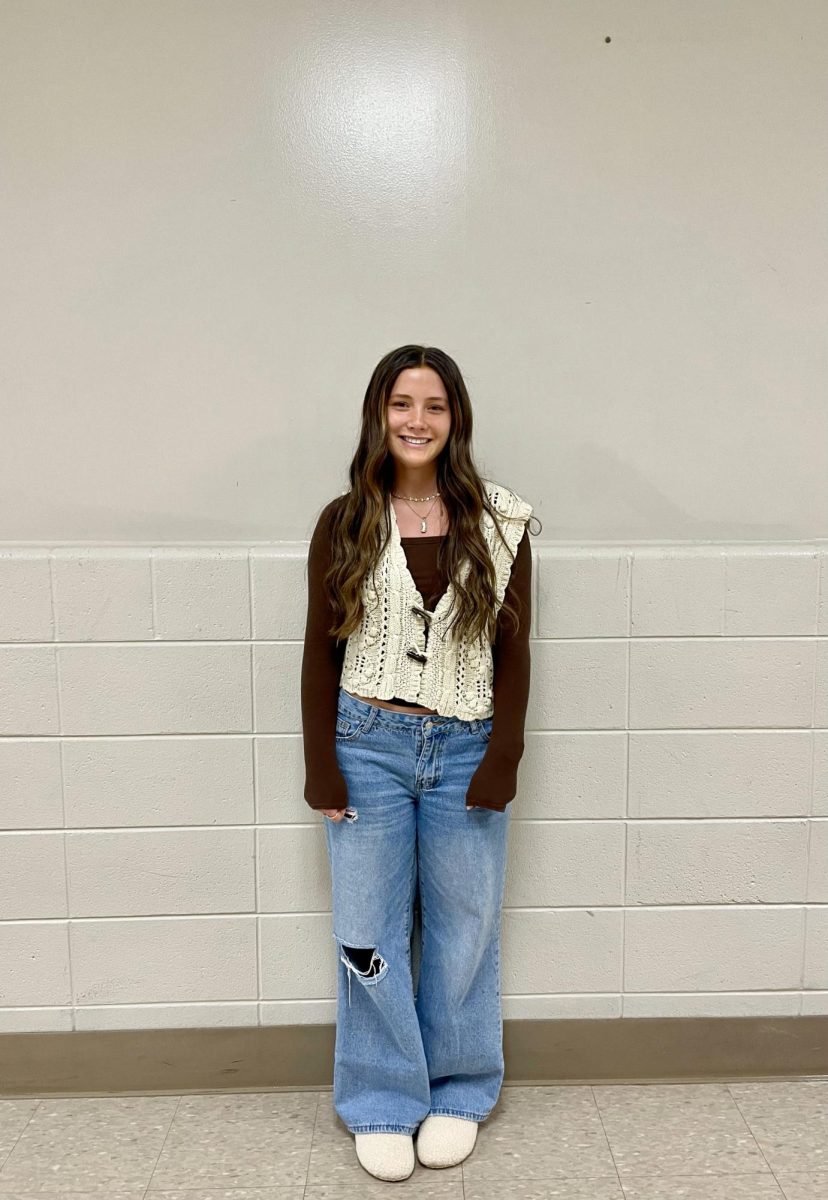I recently applied for my first job. When it came time for the interview, I really had no idea what to expect, and, let’s be honest, I was a little nervous. As a bit of a perfectionist, I did not want to mess anything up. I Googled possible questions the employer might ask, whether to dress casual or nice, etcetera etcetera. After all that, I’m happy to say that the interview went well, and I got the job. So, to anyone applying for a job, if you’re like me and want to have an idea of what you’re getting into, here are some tips to get you started.
First of all, a job interview is a way for the employer to get to know who the applicant is as a person, whether or not they’ll be a good fit for the company, as well as for the person applying to see if the company will be a good fit for them. In an interview, the employer will usually ask the applicant a few questions about themselves and ask to see their resume, if they have one.
What most employers are looking for when hiring is a well-rounded person. Different jobs require different types of people with different specialities, but there are some qualities that are desirable across all professions.
“The biggest thing that I look for is someone who’s really friendly and willing to learn and take accountability for their mistakes,” former Human Resources (HR) worker Jason Palomo said. “If everybody was able to do that on their day one, they would be almost a perfect employee.”
These are just some of the qualities employers are looking for, and they’re good for one to keep in mind as they’re going into an interview. Before the actual interview, Ashley Finley, college and career counselor at Nixa High School, said that one should research as much as they can about said company. This includes what the company stands for. This way, an applicant can get a feel for whether or not the company is a good fit for them, as well as have a few questions to ask the employer.
“It’s a really good idea to have a question or two prepared just to show that you’re interested and you want to know more about what they do,” Finley said.
Another thing one can do to prepare for an upcoming interview is to consider answers to questions the employer may ask.
According to Palomo, some common questions the employer might ask include ‘Why do you want to work for this company?’ ‘What made you interested in applying for this job?’ and ‘Tell me about a time when you worked as a group and had a successful outcome.’
“So you might want to have a couple of situations in the bank just in case a question like that is asked,” Palomo said.
Finley said that another commonly asked question, or statement, is ‘tell me about yourself.’
“So just kind of be prepared to talk about who you are, things you’ve done at school, things that you plan to do in the future,” Finley said.
Do note that while a job interview is not a fancy event, it is formal. Finley recommends that one should dress nice and avoid wearing anything overly flashy or revealing.
“I think it really depends on where you’re applying, but I would [stay] on the side of looking nicer than not,” Finley said.
Palomo said that when he worked for HR, a person’s clothing wasn’t a huge factor in their decision, but one should still be mindful of the first impression they give.
“I’m not looking for someone to dress super fancy. I don’t personally dress super fancy at work, so I’m not looking for that. But [it does make a good impression] if you’re well put together and you have good hygiene.”
First impressions are important. Along with proper dress, Finley said that one should be polite and professional.
“Have a good sturdy handshake,” Finley said. “Look people in the eyes when you talk to them, listen and wait for them to completely finish what they’re talking to you about before you try to answer.”
Another part of the interview process is a resume. A job resume is a paper form with information about oneself. Not all companies require one, especially for entry-level positions, but Finley said that it is always good to have a resume on hand, whether the company requires it or not.
“I think it shows that you’re really serious and it’s an easy way for people to contact you, and it shows them that you are taking this job seriously and you have some experience,” Finley said.
When creating a resume, Finley said that one should include their name, address, phone number, email, references, and any work experience they’ve had, plus the roles and responsibilities they had with that job. Finley said that anyone can make a job resume, even if they haven’t had a job before. Instead of formal work experience, Finley said there are many other things one can include, such as school activities, things at church, house chores and responsibilities, and any volunteering work.
All in all, a job interview can seem kind of scary, but it doesn’t need to be. Finley said that if someone is nervous about an upcoming interview, there is support for them at the College and Career Center in the NHS library.
“If you’re going into an interview situation and you are not feeling comfortable with it, don’t hesitate to come down and visit with me in the College and Career Center. That’s part of what I do. And so I would be really happy to help go through a mock interview with students or just kind of talk through what that might look like for them.”




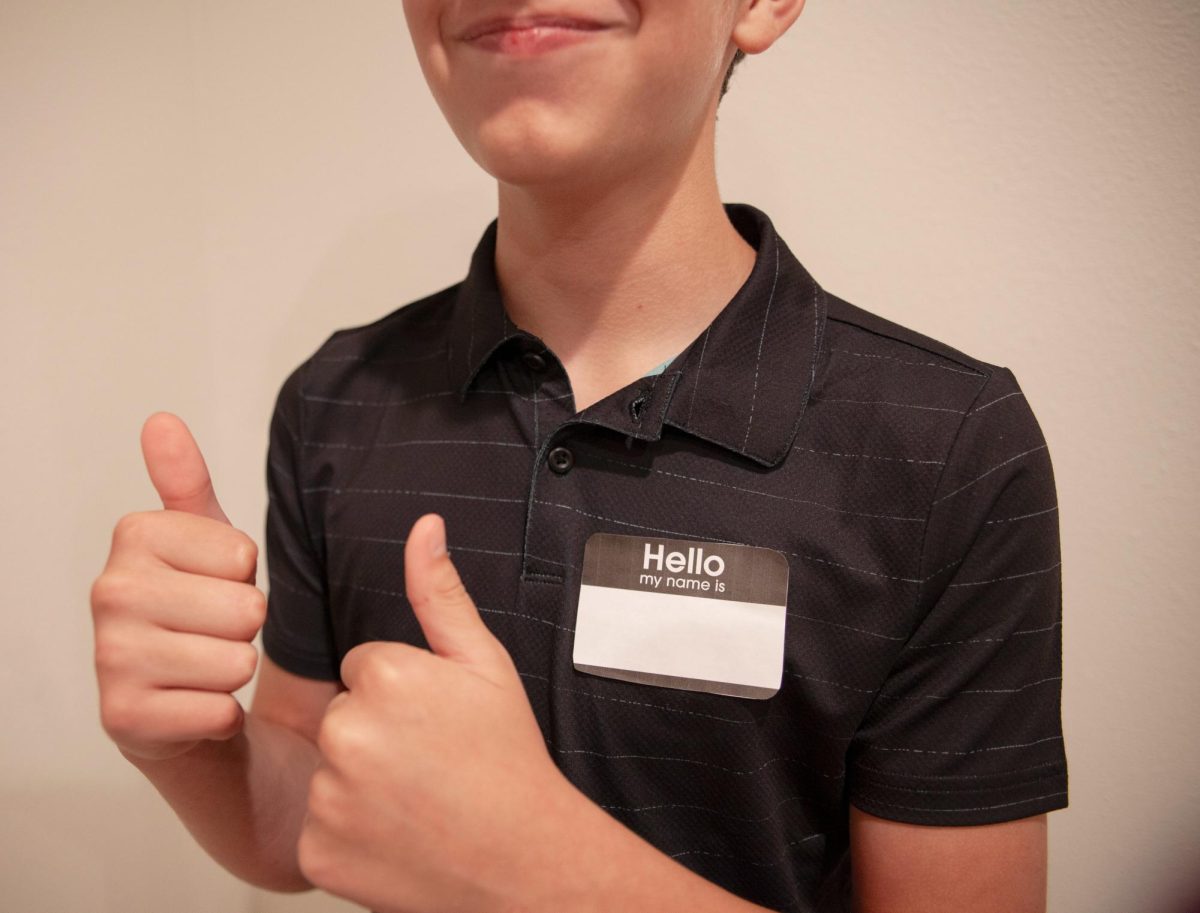
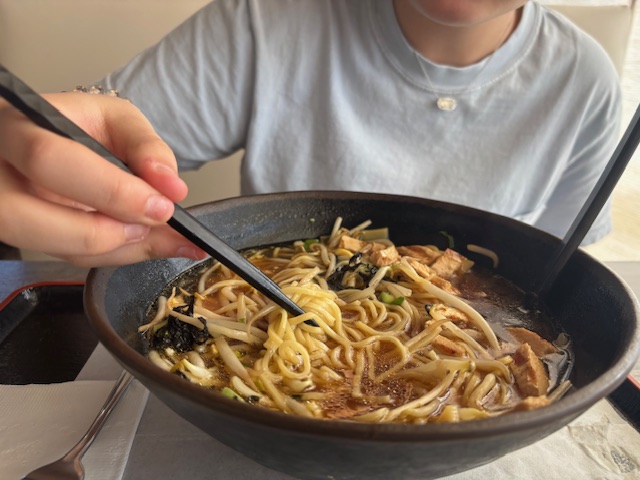
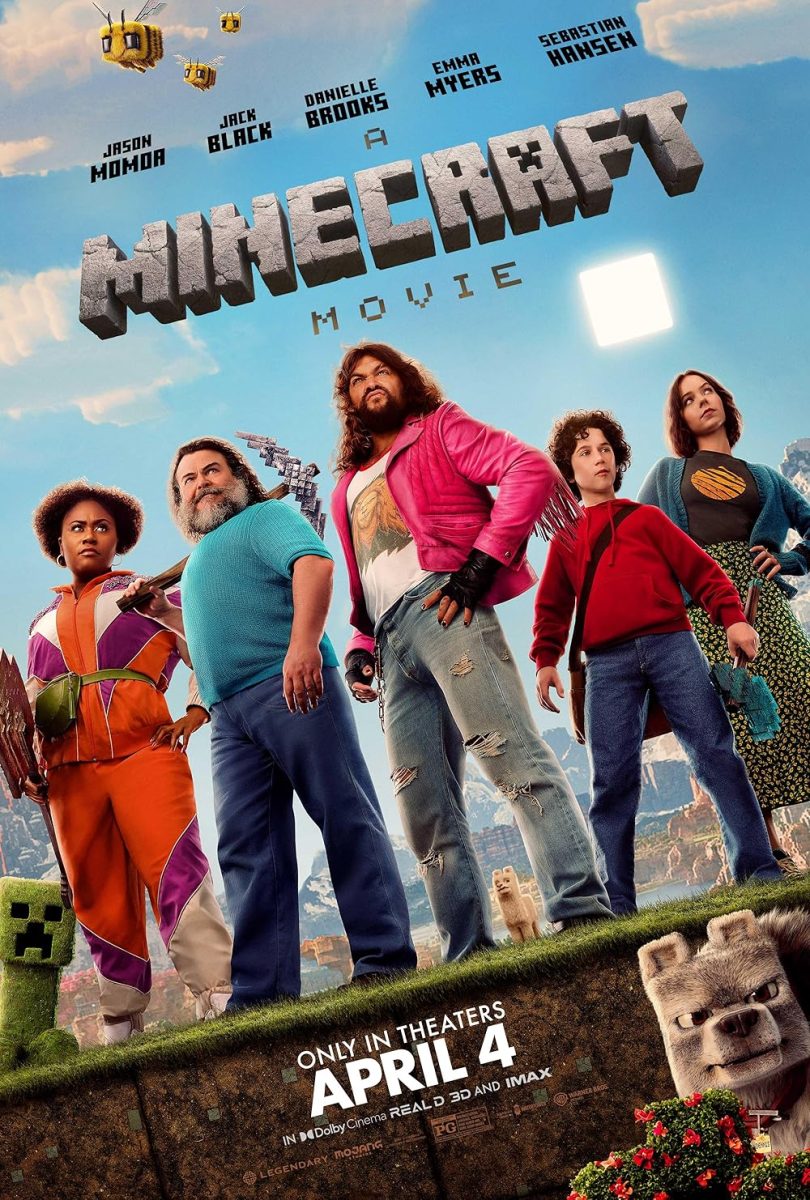
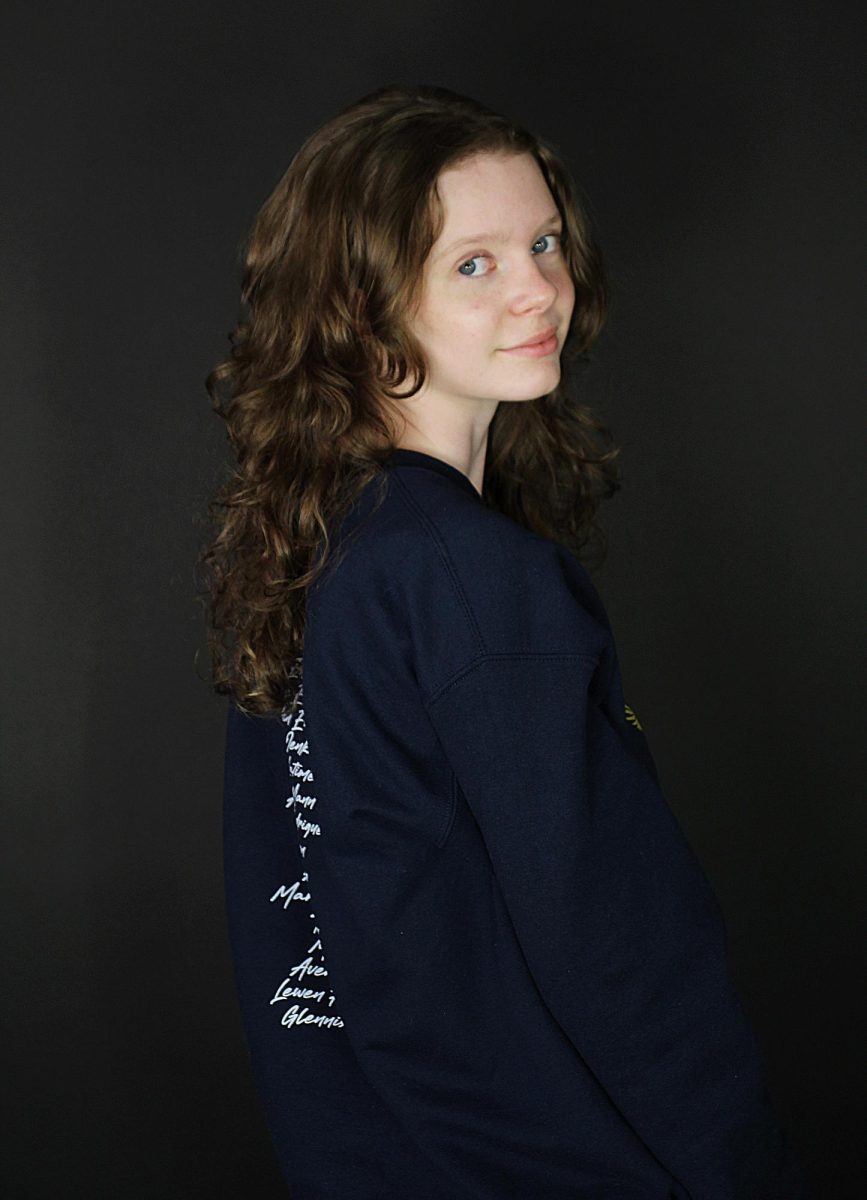
![“Because of the lack of property values in [Potosi], set up by the state legislature 20 years ago, our school district receives a large percentage of our expenditures, not from local revenue, but from the state,” Greg Kester, a social studies teacher at
Potosi High School and the Missouri Teacher of the Year in 2024, said.](https://nixajournalism.net/wp-content/uploads/2025/04/Editorial-Edited-1200x800.jpg)
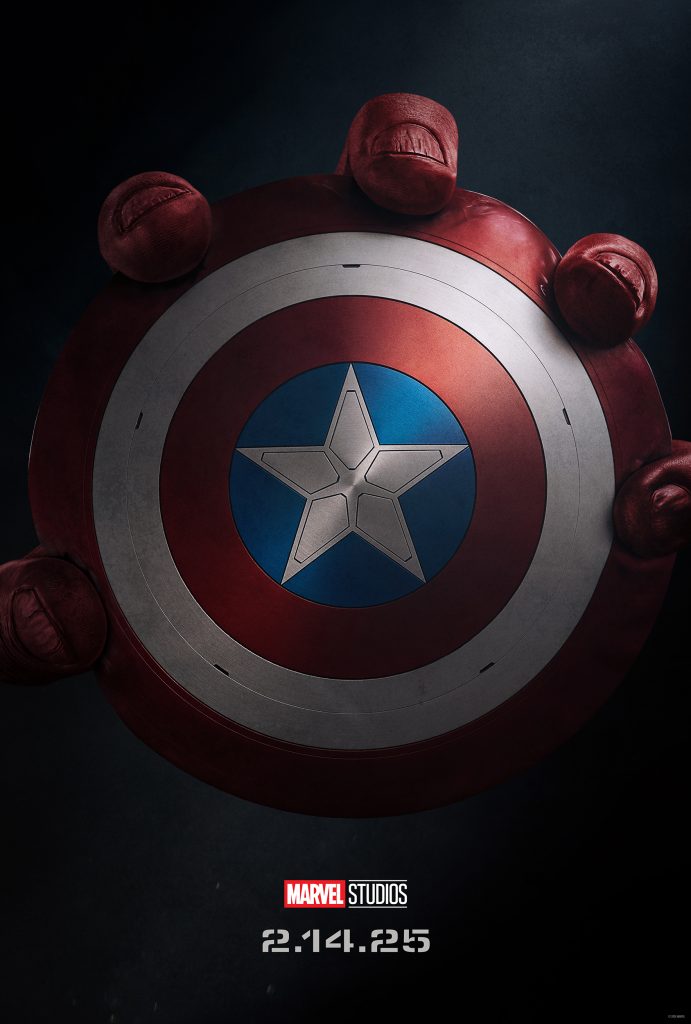


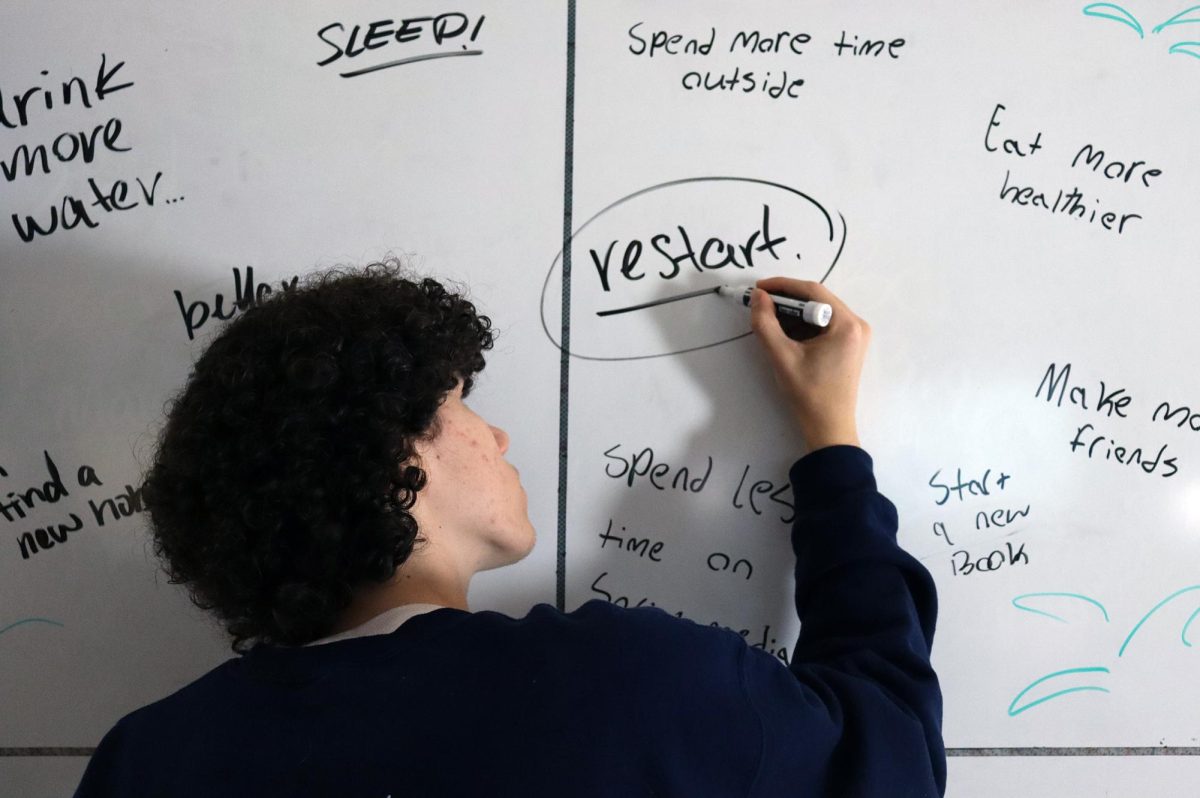
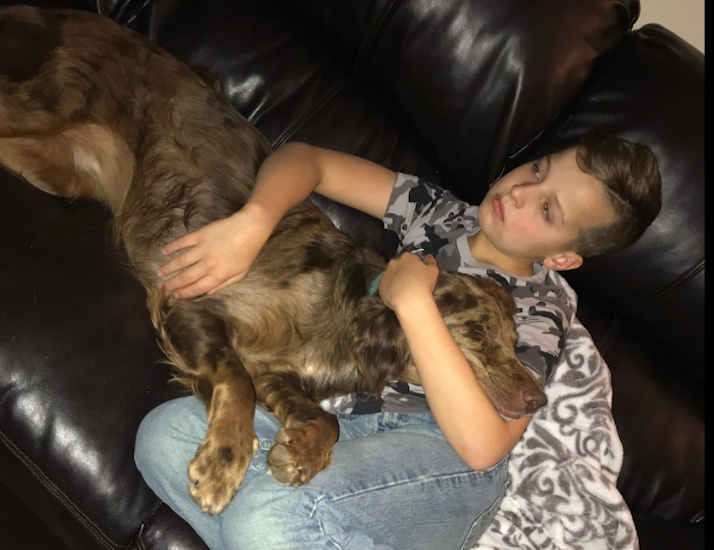
![“You have to recognize that you have a problem and it's affecting your life in a seriously harmful way, but you also have to take the steps to avoid [bed rotting] and also to put yourself out there,” Missouri State University sophomore Marielle Chu said.](https://nixajournalism.net/wp-content/uploads/2025/05/bedrotting-1140x1200.jpg)
